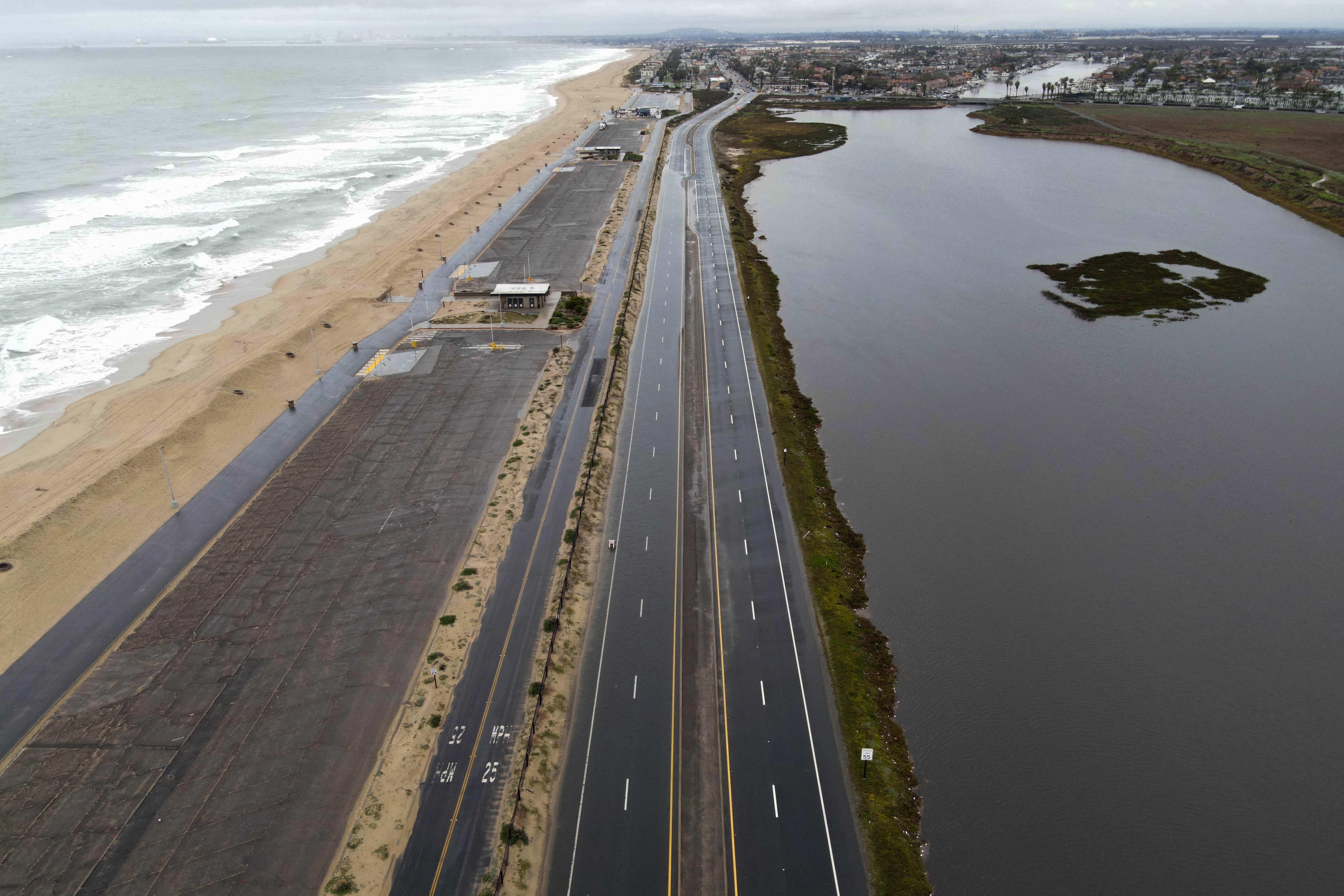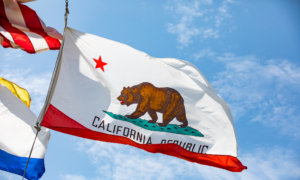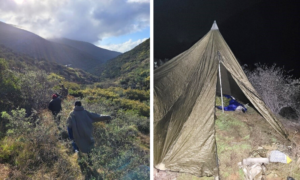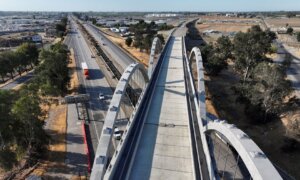The California Legislature and acting governor approved on July 3 a $10 billion climate resilience bond, for the November ballot.
If approved by voters, the bond will prioritize “safe and affordable drinking water access, wildfire prevention, extreme heat mitigation, sustainable agriculture, and clean, renewable energy,” according to Assemblywoman Lori Wilson, co-author of the legislation.
“These historic bond measures passed by the Legislature are critical investments for our kids, they’ll make our communities more wildfire safe and connect tens of thousands of homes in every corner of the Golden State with clean drinking water,” Senate President Pro Tem Mike McGuire said in a July 3 statement.
Mr. McGuire was acting as governor July 3 as Gov. Gavin Newsom was in Washington, D.C.—along with other governors meeting with President Joe Biden regarding his re-election campaign—and Lt. Gov. Eleni Kounalakis was also out of state.
Although the state has always been at the forefront of fighting climate change, spending on such has hit hurdles due to a $46.8 billion state deficit, resulting in significant cuts to climate initiatives for the 2024-25 fiscal year, with potential impacts extending into the following year.
Citing the importance of addressing the environmental crisis, lawmakers are now asking voters to decide whether to borrow the money after months of deliberation.
“Our historically underserved communities on the front lines of the climate crisis could not afford to wait any longer, requiring us to move with urgency to strengthen California climate resiliency,” Assemblyman Eduardo Garcia, co-author of the legislation, said in a statement.
The push for the climate bond has seen widespread support among Democratic lawmakers, but recent discussions had stalled due to disagreements over its specifics.
The deadlock was between Mr. Garcia’s AB 1567 and state Sen. Ben Allen’s SB 867. The compromise reached July 30 sets the bond at $10 billion, lower than both initial proposals, which called for $15.9 billion and $15.5 billion, respectively.
The details of the agreement were amended into Mr. Allen’s bill June 29.
Should voters approve the measure, the bond will mark the largest climate investment ever made by California and the most substantial climate measure approved by voters in the United States.
Mr. Garcia described the bond as “an equity-focused investment plan to protect Californians suffering the real-time devastating and often deadly consequences of climate change.”
Lawmakers additionally say the bond will allow the state to better prevent and prepare for future disasters, like wildfires and drought, and improve living conditions for disadvantaged communities.
Specifically, the proposed bond would allocate at least 40 percent of the $10 billion to disadvantaged communities.
The funds, if approved by voters, will be divided as follows:
- $3.8 billion for safe drinking water, drought, flood, and water resilience
- $1.5 billion for wildfire and forest resilience
- $1.2 billion for sea level rise and coastal resilience
- $1.2 billion for protecting biodiversity and supporting nature-based climate solutions
- $850 million for clean air programs
- $700 million for park creation and outdoor access
- $450 million for extreme heat mitigation
- $300 million for sustainable farms, ranches, and working lands
The bond must be passed by a majority of voters to be approved.














